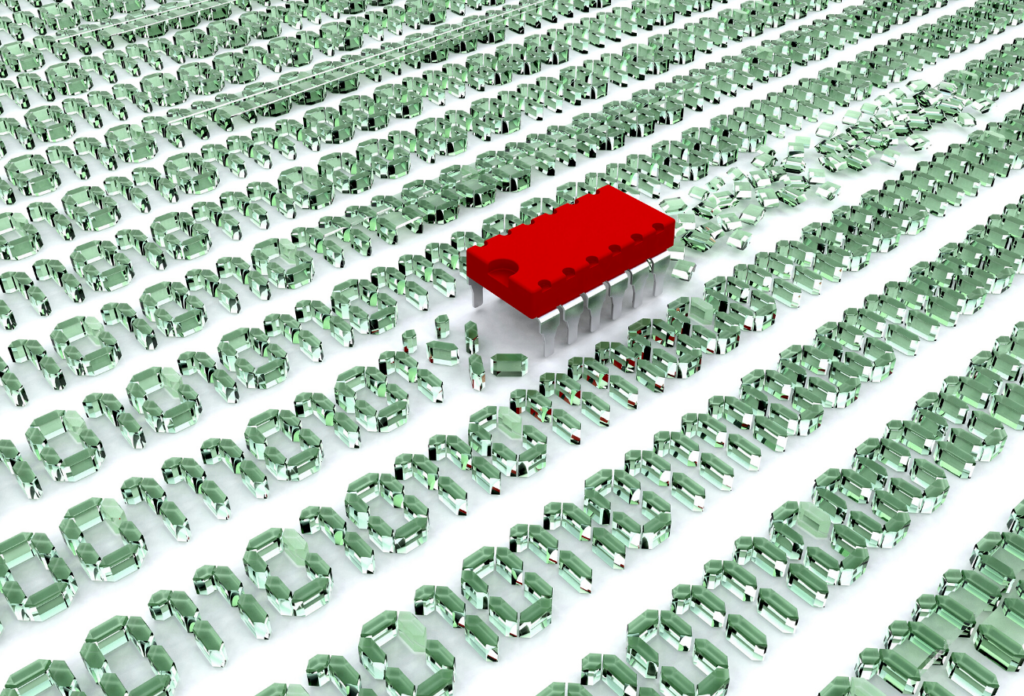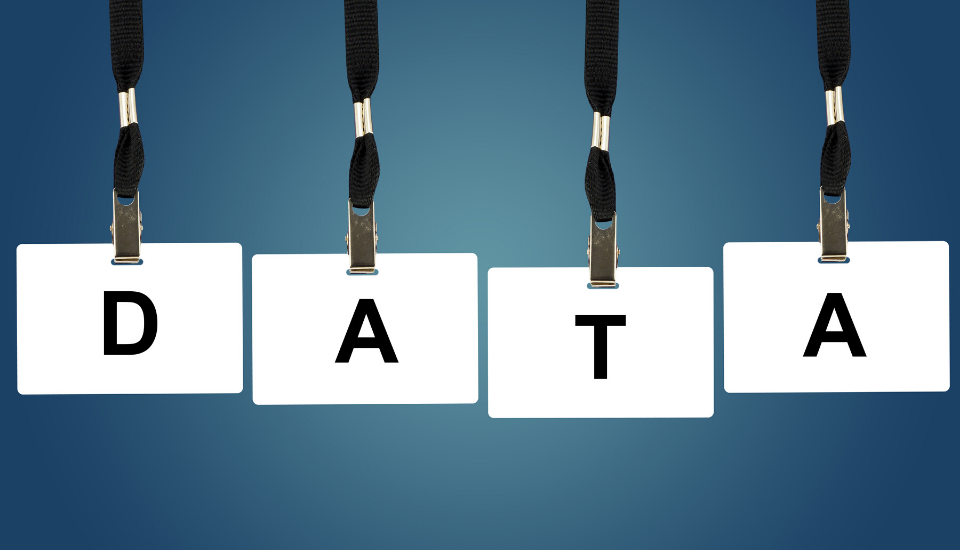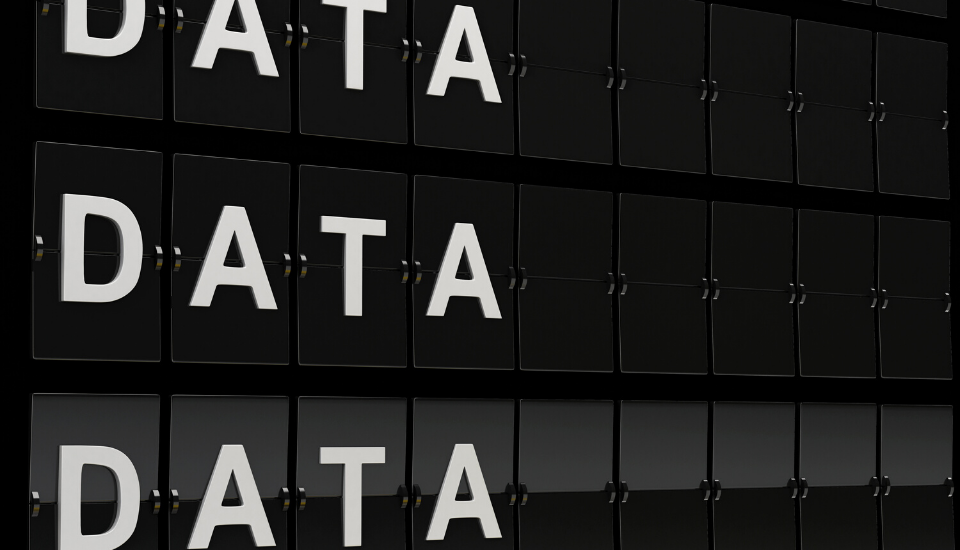
Every organization in the healthcare ecosystem depends on software platforms. Collecting, storing, and sharing data is essential to continuity of care. So, what happens when healthcare systems sunset? It can certainly disrupt your operations and workflows. You may have concerns about how to convert your patient records to a new system, along with the challenges of learning a new system.
However, there are ways you can prepare right now for a software sunset. By creating a plan to navigate migrating to a new system, you can ensure compliance, portability, and accessibility.
Will You Lose Your Data in a Software Sunset?
It’s unlikely your software provider will just turn the switch one day. You’ll likely be given notice that they plan to retire a legacy system. They may urge you to convert to another software platform they offer. Other times, companies could be going out of business or shifting away from healthcare.
In either situation, your data is portable to a new system. Through a compliant and seamless data conversion, you can easily move your data to the new system. If you’ve never undergone a data conversion, it might seem a bit intimidating and complicated. We’ve been converting healthcare data for over 23 years, so we’ve learned a thing or two about how to ensure the most accurate conversion.
Do You Have to Convert All Your Data?

When you move to a new system, you may find that you don’t want to take everything with you. The industry standard is current plus two years. However, you are obligated to keep patient data longer than that to comply with healthcare record retention policies. You can’t continue to let the legacy system host it since it won’t be active any longer. The solution most organizations choose is to archive.
By archiving documents, images, and data, you’ll meet any compliance mandates as well as have a cost-effective and secure storage hub. Choose a web-based, searchable archive that can handle all types of image files for the best results.
What About an On-Site Server?
While most healthcare information systems have transitioned to the cloud, there are still some that use on-site servers. This can be an additional headache for you. How can you convert and archive from a physical server?
It’s a heavier lift than having cloud accessibility, but it’s absolutely feasible. You just need to find a partner that can cater to your particular circumstance.
Start Your Sunset Plan Today
Healthcare systems sunset don’t have to be an interruption or a point of stress. By working with your existing and new software vendors, we can support you for a smoother transition. With years of experience in conversions, archiving, and healthcare data management, we can help. Start your sunsetting plan today.



